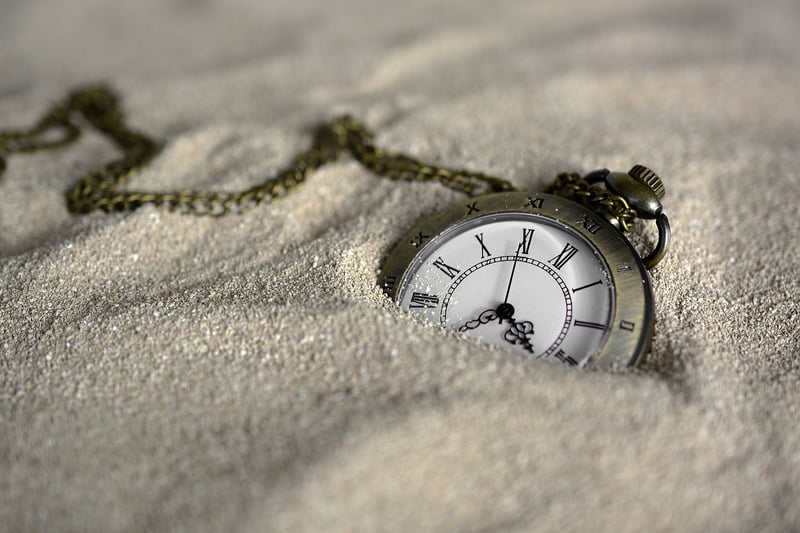Temporal Paradoxes
Beware of Consequences and Temporal Paradoxes
Welcome to our guide on understanding the complexities of temporal paradoxes and the potential consequences they bring. Time travel has fascinated people for generations, but meddling with the fabric of time can have severe repercussions that are not to be taken lightly.
What is a Temporal Paradox?
A temporal paradox occurs when the actions of a time traveler inadvertently interfere with the past, present, or future in a way that defies logic. These paradoxes often lead to a chain of events that create a self-contradictory or illogical situation.
Types of Temporal Paradoxes:
- Bootstrap Paradox: An object or information is sent back in time in such a way that it creates a loop with no origin.
- Grandfather Paradox: A time traveler goes back in time and prevents their grandfather from meeting their grandmother, thus preventing their own birth.
- Parallel Universe Paradox: Traveling to the past creates a new parallel universe that is different from the original timeline.
Consequences of Temporal Paradoxes:
Attempting to alter the past can have catastrophic consequences, including:
- Reality Distortion: Changes in the past can alter the present reality, leading to unpredictable outcomes.
- Time Loops: Events can get stuck in a loop with no clear resolution, trapping individuals in a repetitive cycle.
- Paradoxical Events: Contradictory events can occur, causing confusion and instability in the timeline.
Conclusion
While the idea of time travel is intriguing, it's essential to understand the risks and potential consequences associated with altering the course of history. Temporal paradoxes are not to be taken lightly, as they can have far-reaching and unforeseen effects on the fabric of time itself.
Remember, with great power comes great responsibility, and in the case of time travel, the consequences of one's actions can be more significant than imagined.

Explore the mysteries of time wisely and tread carefully in the realm of temporal paradoxes.
